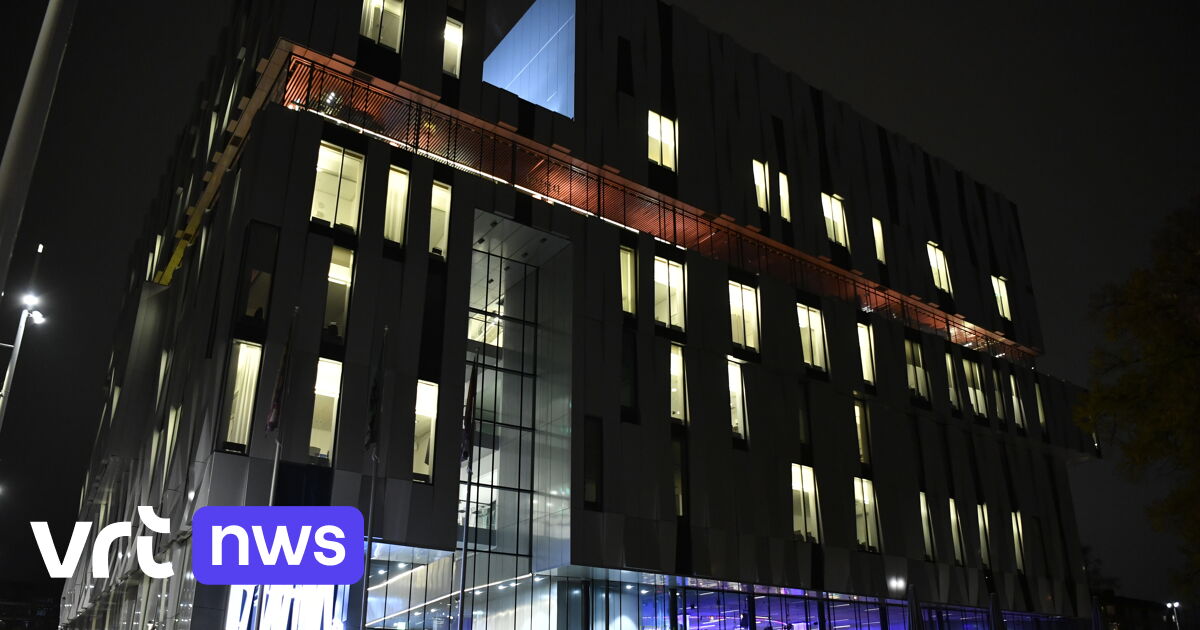The European Medicines Agency (EMA) announced on Tuesday that it had stopped evaluating a cocktail of two monoclonal antibodies known as etesevimab and bamlanivimab after the US drug manufacturer withdrew from the process.
Lilly’s letter to the regulator on October 29 said that the lack of demand in the EU did not justify the submission of the necessary additional data on its production plan.
“At this time, Lilly is unable to generate the additional data required by the CHMP (EMA Committee for Medicinal Products for Human Use) to proceed with a formal application for marketing authorization,” the company said.
The news came on the day the US government agreed to buy an additional 614,000 doses of Lilly’s antibody treatment for $ 1.29 billion, after purchasing 388,000 doses of etesevimab in September to supplement stocks. bamlanivimab he had previously bought.
The United States has already given emergency approval for the cocktail of antibodies for patients at an early stage of the disease to prevent their health from deteriorating and for some people who have been exposed to the virus.
Even though the EU purchased 220,000 treatments with bamlanivimab and etesevimab in September, subject to approval, the EU commission omitted the combination from a list of the 10 most promising treatments for Covid-19 in mid-October.
In March, the EU signed an agreement with Roche for an antibody cocktail, developed in collaboration with Regeneron, and in July concluded another agreement for GlaxoSmithKline’s antibody drug.
By the time of Lilly’s withdrawal, the EMA had received laboratory and clinical data on the quality and manufacturing process of the antibodies and the risk management plan, the EU regulator said.
The EMA initiated a continuous Lilly antibody evaluation procedure in March. The treatment belongs to a class of drugs called monoclonal antibodies (MABs), which are laboratory-made versions of the body’s natural antibodies to fight infections.
The European regulator continues to evaluate other MABs to combat viruses, developed by Regeneron and Roche, the GlaxoSmithKline and Vir alliance, and AstraZeneca and Celltrion in South Korea.
–
If you like this article, we expect you to join the community of readers on our Facebook page, with a Like below:
.


